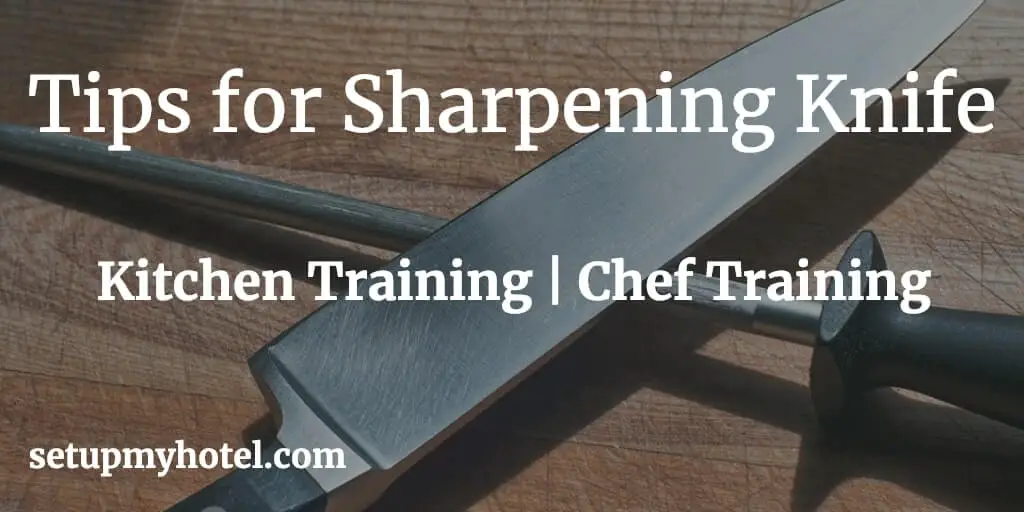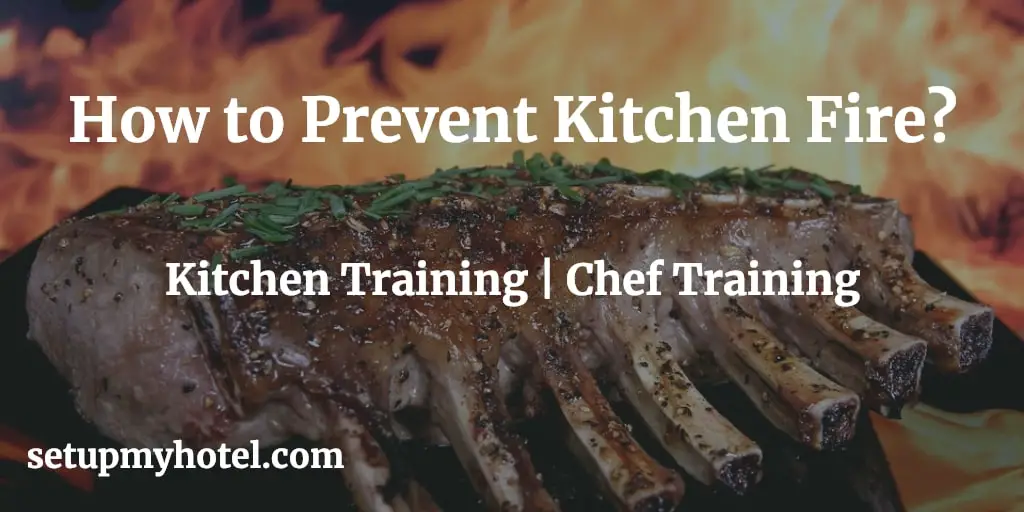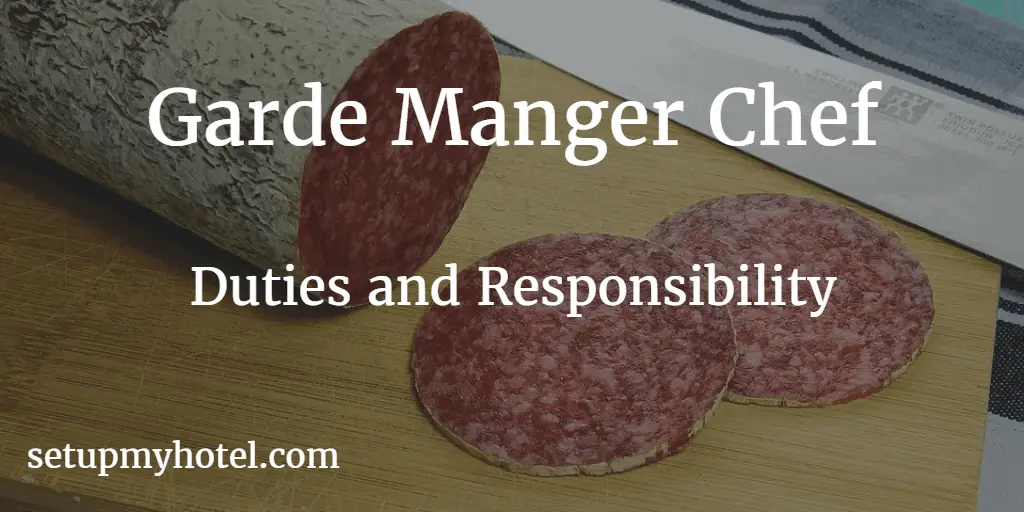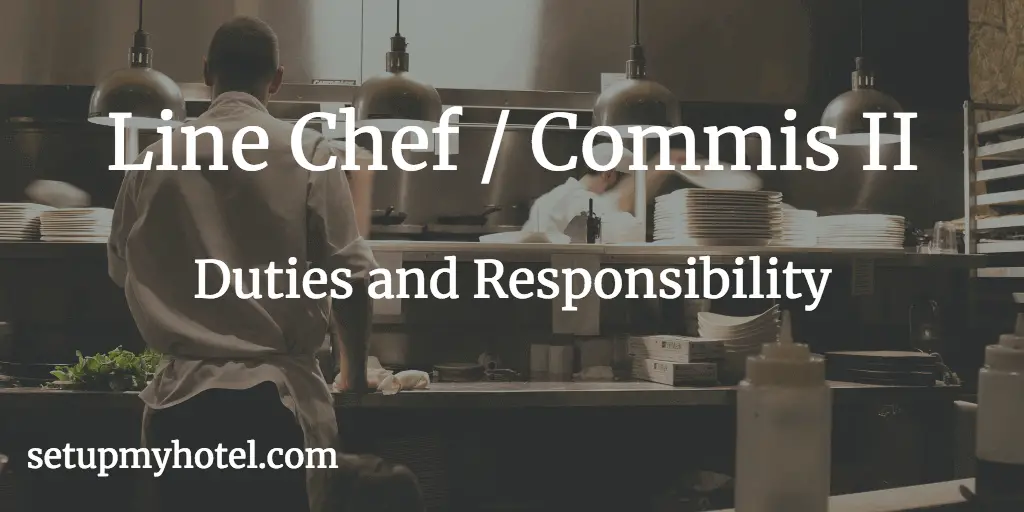Basic Indian Curries And Gravy List – Standard Recipe – Hotels | Chef

Basic Indian Gravy’s List and Standard Recipe For Hotels | Chefs List of Basic Indian Curries and Indian Gravy 1 ...
Read more
Food Holding Temperature Guide – Meat | Poultry | Fish | Other Items

Standard Food Holding Temperature Range Guide For Meat, Fish Poultry, and Other Items In the hotel industry chefs, cooks and ...
Read more
How To Keep Knife Or Knives Sharp?

Tips For Keeping The Knife Sharp A knife is a tool that is of little use if it is not ...
Read more
Preventing Fire While Working In The Hotel Kitchen

How To Prevent Fire While Working In The Hotel Kitchen Area? Familiarize yourself with the working area to minimize cases ...
Read more
Preventing Cuts While Working In The Hotel Kitchen

How To Prevent Cuts While Working In The Hotel Kitchen Area? The primary rule of knife safety is simple that ...
Read more
27 Duties And Responsibility Of Garde Manger Chef / Cold Kitchen Chef

Job Description, Duties, Interview Questions and Salary for Garde Manger Chef A Garde Manger Chef is responsible for the preparation ...
Read more
29 Duties And Responsibility Of Line Chef / Commis II

Job Description, Duties, Interview Questions and Salary for Line Chef or Commis II As a Line Chef or Commis II, ...
Read more
Basic Dessert Sauces List – Standard Recipe Card – Hotels | Chefs

Dessert Sauces List with a recipe card for chefs Dessert sauces are the perfect finishing touch to any dessert. They ...
Read more
Breakfast Chef Duties And Responsibility

Job Description, Duties, Interview Questions and Salary for Breakfast Chef As a breakfast chef, your main responsibility is to prepare ...
Read more
23 Duties And Responsibilities Of Chef de Partie (CDP)

Job Description, Duties, Interview Questions and Salary For Chef de Partie (CDP) A Chef de Partie, also known as a ...
Read more










